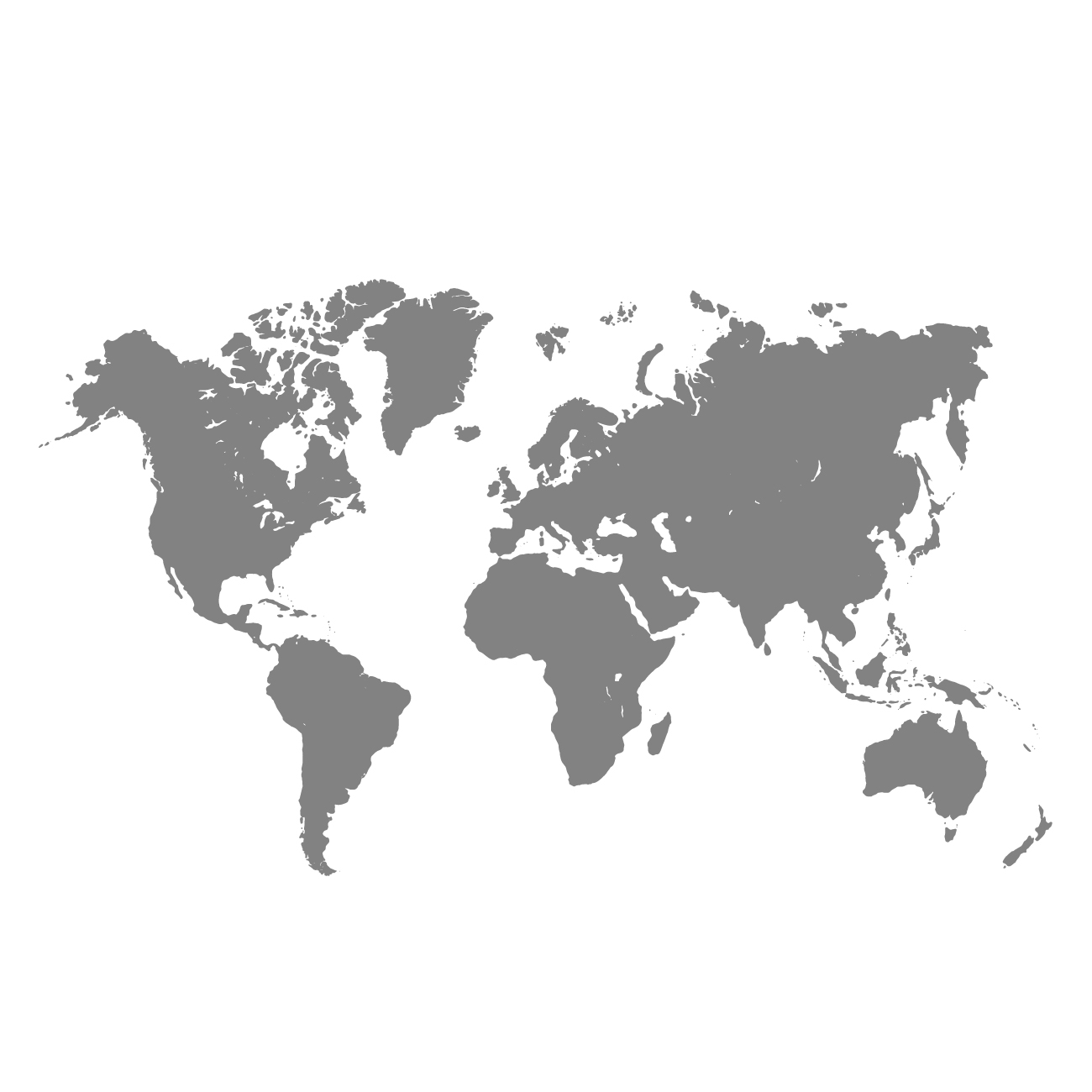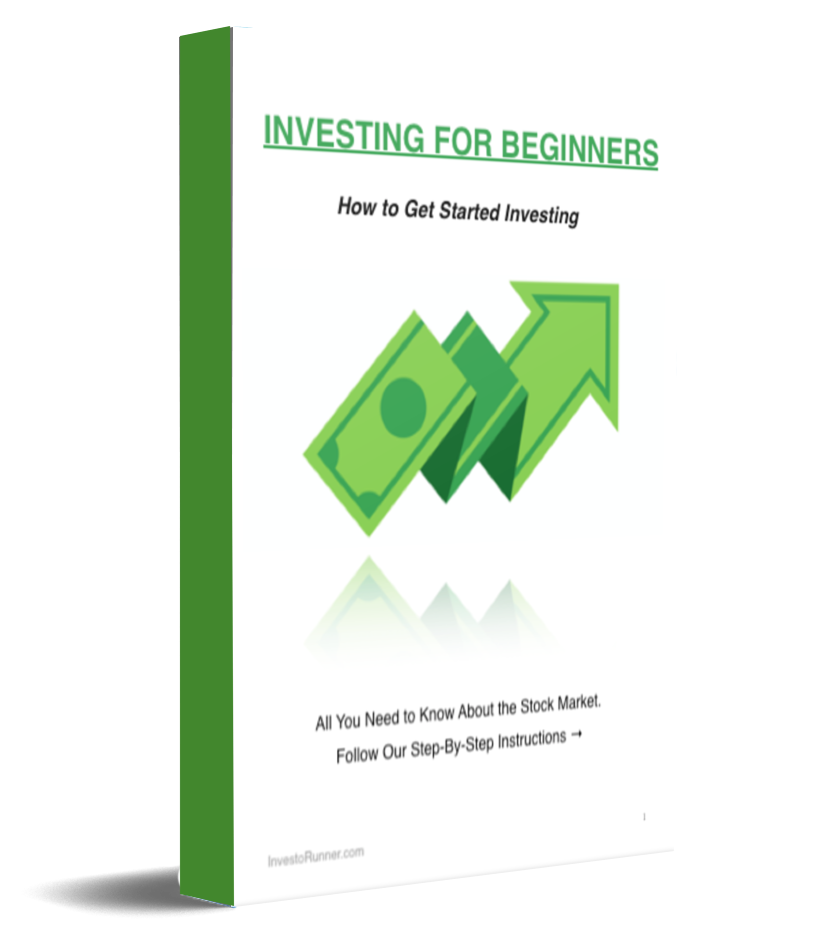
Over the past few decades, the Gulf Cooperation Council (GCC) countries, including Bahrain, Kuwait, Oman, Qatar, Saudi Arabia, and the United Arab Emirates, have experienced a remarkable economic transformation.
With the growing influx of foreign and local investments, ensuring the protection of investors' interests becomes an increasingly vital concern. In this article, we will delve into the mechanisms in place to protect investors in GCC countries, with a specific focus on Kuwait and the regulatory landscape for forex brokers.
Investor Protection in GCC Countries
A Legal Safety Net
The GCC countries have established robust legal frameworks and regulations aimed at safeguarding the rights and interests of investors. These legal structures form the bedrock of investor protection across various financial markets, including stocks, bonds, real estate, and foreign exchange.
Guardians of Fair Play
Each GCC country has instituted regulatory authorities tasked with overseeing financial markets and enforcing measures to ensure investor protection. These watchdogs play a pivotal role in promoting transparency and fairness. They formulate and enforce rules and regulations that bind financial institutions and brokers, ensuring that investors are treated fairly and ethically.
Investor Protection in Kuwait
Kuwait, a prominent GCC member, boasts a well-developed financial market and an unwavering commitment to investor protection. Let's zoom in on how Kuwait ensures the safety of investors, with a particular focus on the forex market.
The Kuwait Capital Markets Authority (CMA)
The Kuwait Capital Markets Authority (CMA) stands as the primary regulatory body responsible for supervising and regulating financial activities within the country, including the forex brokers in Kuwait. CMA is dedicated to upholding transparency, fairness, and the protection of investors within Kuwait's financial landscape.
Guardians of Forex Broker Regulation
In Kuwait, forex trading falls under the keen regulatory scrutiny of CMA. Forex brokers operating in the country are mandated to obtain licenses and adhere to stringent regulatory guidelines. These regulations are painstakingly crafted to safeguard the interests of investors who participate in the forex market.
Empowering Through Education and Awareness
To further fortify investor protection, the CMA in Kuwait focuses on initiatives that promote investor education and awareness. These programs aim to empower investors with insights into the financial markets, risk management, and the importance of conducting due diligence before making investment decisions.
Resolving Disputes Fairly
In Kuwait, well-defined mechanisms are in place to address investor disputes involving financial institutions, including forex brokers. These mechanisms ensure that investors have an accessible avenue for resolving issues or complaints in a fair and timely manner.
The Saudi Arabian Capital Market Authority (CMA)
Saudi Arabia, akin to Kuwait, has established the Saudi Arabian Capital Market Authority (CMA) to regulate and oversee the country's financial markets. The CMA plays a pivotal role in ensuring the protection of investors' interests.
The Mighty Tadawul (Saudi Stock Exchange)
Tadawul, Saudi Arabia's formidable stock exchange, stands as the largest stock market in the GCC region. Operating under the vigilant supervision of the CMA, Tadawul has instituted various measures to guarantee investor protection. These measures encompass market surveillance and the promotion of transparent trading practices.
Opening Doors to Foreign Investment
Saudi Arabia has taken substantial strides to attract foreign investors, offering an array of investment opportunities. The country has also introduced regulations that encourage foreign participation in local markets while maintaining a focus on investor protection through the oversight of the CMA.
Laws and Regulations for Protection
Saudi Arabia's investor protection is bolstered by a comprehensive legal framework that addresses issues related to securities, trading, and market conduct. This legal safety net further reinforces the security of investments.
Challenges and the Path Ahead
While GCC countries have made significant progress in ensuring investor protection, challenges persist, and there remains room for improvement. These challenges encompass:
- Effective Regulation Implementation: Ensuring the effective implementation and enforcement of regulations is paramount for investor protection. GCC countries must continue refining their regulatory mechanisms to ensure full compliance from all market participants.
- Lifelong Learning: Investor education is a continuous journey. Enhancing the financial literacy of investors remains vital, helping them make well-informed decisions and protect themselves from fraudulent schemes and risky investments.
- Access to Information: Investors require access to accurate, up-to-date information about financial products and markets. GCC countries must work on enhancing transparency and the availability of information for investors.
- International Alignment: Aligning with international standards and best practices in investor protection can enhance the ability of GCC countries to attract more foreign investments and build trust among international investors.
To Sum Up: GCC Countries' Commitment to Protection and Growth
Investor protection stands as a top priority for GCC countries as they continue to evolve their financial markets and attract both domestic and foreign investments. Countries such as Kuwait and Saudi Arabia have made significant strides in establishing regulatory frameworks, overseeing financial markets, and educating investors.
GCC countries recognize that investor protection is not just a legal requirement; it is also a means to cultivate trust and confidence within their financial markets. As these countries adapt to the ever-changing global financial landscape, they are likely to refine their investor protection mechanisms, creating a safer and more appealing investment environment for both local and foreign investors. By doing so, they can continue to drive economic growth and development within the region.





